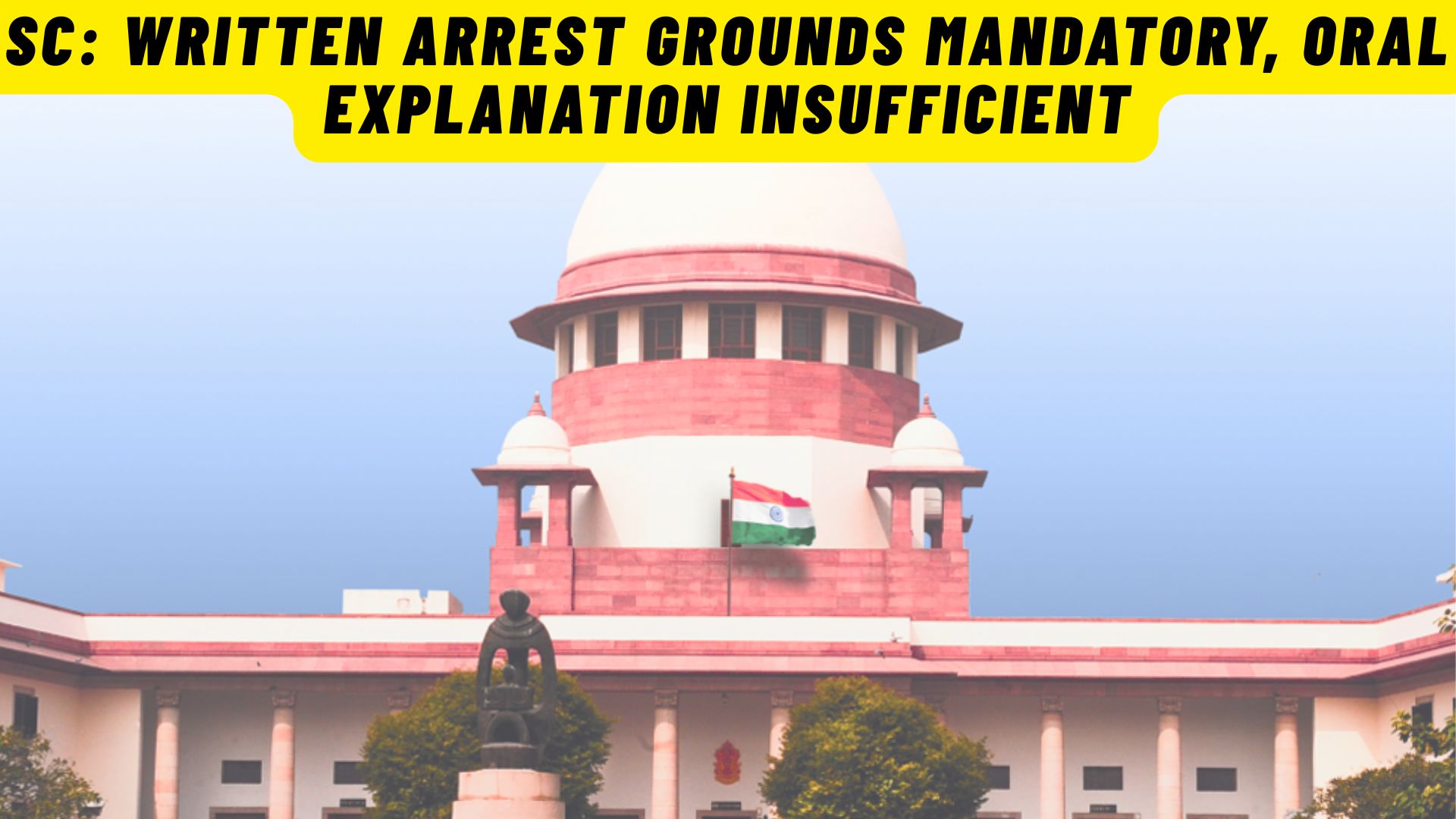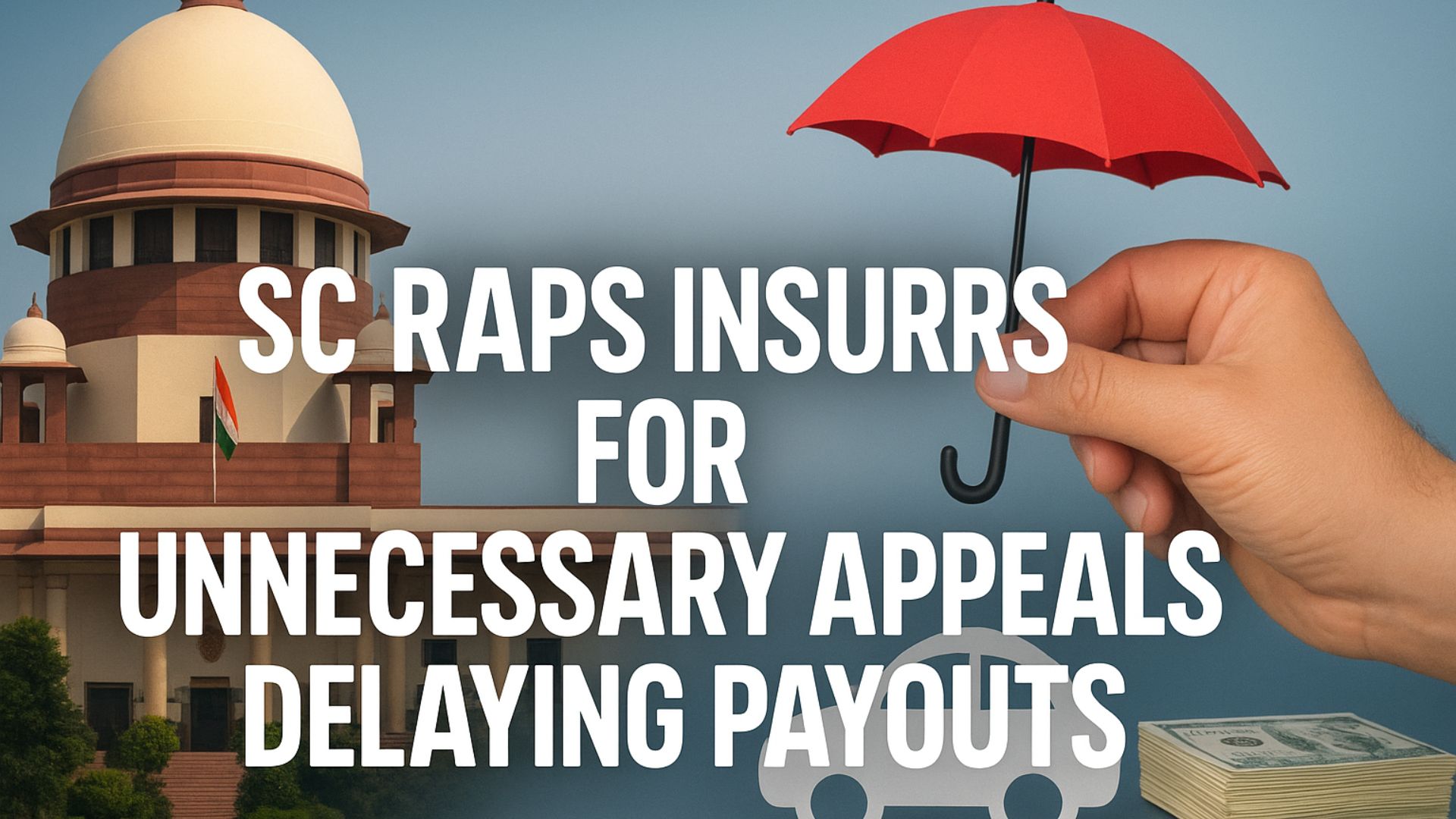Sabina, J.@mdashPetitioner-Shamsher Singh was convicted for an offence u/s 138 of the Negotiable Instruments Act, 1881 (""the Act"" for short)
by the Judicial Magistrate 1st Class, Ambala Cantt. in a complaint filed by complainant-Ujagar Singh-respondent No. 2 vide judgment dated
4.3.2010. Vide order dated 5.3.2010, accused was sentenced to undergo rigorous imprisonment for a period of six months and to pay a fine of
Rs. 2,50,000/- to the complainant u/s 138 of the Act. Aggrieved by the same, petitioner preferred an appeal and the same was dismissed by the
Additional Sessions Judge, Ambala vide judgment dated 29.4.2010. Hence, the present revision petition has been filed by the petitioner. Brief
facts of the case, as noticed by the Appellate Court in para 2 of its judgment, are reproduced hereinbelow:
2. In short, complainant had filed the complaint u/s 138 of the Act against the accused in the Court of JMIC, Ambala on the allegations that he was
acquainted with the accused for the last many years. Accused had approached him to advance them some loan. Accordingly, he (complainant) had
extended he friendly loan of Rs. 4 lakh to them in the month of May, 2007. In order to discharge their liability, accused had issued cheque No.
917688 dated 10.10.2007 for a sum of Rs. 4 lakh, drawn on IC1C1 Bank Ltd. Ambala City in his favour. He had presented this cheque for
payment. However, the cheque was returned unpaid with the remarks ''funds insufficient''. He had issued the notice dated 13.12.2007. The notice
was duly served upon the accused. However, accused did not make the payment. On these facts, complainant had filed the present complaint u/s
138 of the Act.
2. After hearing the learned Counsel for the petitioner, I am of the opinion that the present petition deserves to be dismissed. In the present case,
cheque in dispute is dated 10.10.2007 for a sum of Rs. 4,00,000/-. When the said cheque was presented for encashment of the complainant, the
same was returned by the Bank with remarks ""insufficient"" funds. Both the Courts below, after appreciating the evidence on record, have found
that the petitioner was guilty of the charge framed against him. The Appellate Court, while dismissing the appeal in para 13 of its judgment, has held
as under:
The case of the complainant is that accused had issued cheque (Ex. C1) in discharge of his debt. The cheque was presented for payment.
However, the same was dishonoured for want of sufficient funds in the account of the accused. He had issued notice (Ex. C3). However, the
notice was received back unserved as accused had refused to accept the same. Complainant has proved on the record the cheque as well as
notices. The original unserved notices are Exs. C7 and C8 on which it is mentioned that accused had refused to accept the notice, I am of the
considered view that there is no force in the contention of Counsel for the accused that accused were not maintaining any account with ICICI
Bank. This is abundantly clear from the testimony of Tarun Nanda (DW1), who in his cross-examination, has admitted that memo (Ex. C2) was
issued by ICICI Bank. The memo contains cheque No. 917688, issued in favour of the complainant. Had the accused hot been maintained any
account with the Bank, the Bank would have returned the cheque with the remarks that the cheque leaf had not been issued by the Bank and they
may have also proceeded against the accused for forging the cheque leaf of the Bank. That apart, Tarun Nanda (DW1), in his testimony, has also
admitted that the memo bears the signature of Mrs. Kamaljit Kaur, Senior Officer of the Bank. This clearly establishes that accused were
maintaining account in the Bank and the cheque was issued by them. I am of the considered view that there is no force in the contention of the
Counsel for the accused that there is no evidence on the record that complainant had paid this money to the accused. Complainant has produced
on the record a copy of his Bank account (Ex. C10). A look at Ex. C10 would show that his money was withdrawn by Complainant from State
Bank of India on 21.5.2002.
3. The reasons given by the Appellate Court are sound reasons.
4. No ground for interference is made out.
5. Dismissed.

